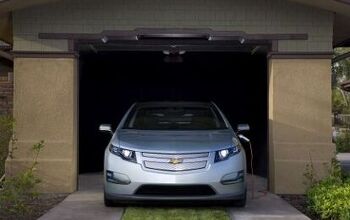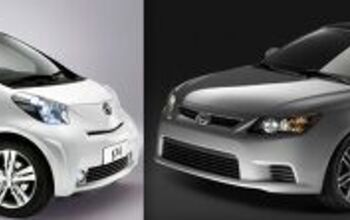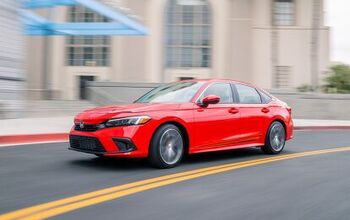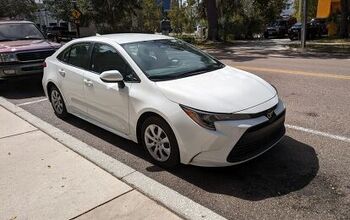Ask The Best And Brightest: Will Electric Cars Save GM And Detroit?
Wheh, that’s a big question… and I was dismayed to see myself giving such a short answer to it in my Newshour appearance. There are a host of reasons for my swift “no” answer to that question… here are a few of them:
1: GM Doesn’t need saving. The Government “saved” GM.
2: The market projections for EVs are all works in progress.
3: GM isn’t actually committed to the electrification of the car. It’s committed to gas engines and transmissions and the idea of “range anxiety”… for its “electric car.”
4: If GM were committed to electrification, and that was a prudent business gamble, it would still be chasing Renault-Nissan just as Honda chased Toyota in the race for hybrid leadership not so many years ago. And like Honda, GM seems less committed (in the literal, mechanical sense) to the electric car than the emerging global leader, Nissan. Yes, the Volt is mechanical marvel, unrivaled in its complexity… but only because it clings to its gas technology. Honda’s hybrid half-step, never introducing an electric drive mode to its “mild” hybrids, seems pragmatic by comparison. Toyota’s sole ownership of the “hybrid halo” is instructive (and worrying for Toyota, considering it’s been taking a GM-esque tack towards EVs lately).
5: Even after GM starts selling tons of electric cars (in a scenario where that is indeed possible), it will be working uphill to re-establish consumer trust (in all its products) that was squandered over decades.
I could go on, but I’d rather hear your answers to the question.
More by Edward Niedermeyer


































Comments
Join the conversation
Well, crap. I guess GM shoulda learned their lesson with the EV1 and shouldn't have even bothered with the Volt...
I don't see how GM or any other car company can achieve both the unit profit and unit volume the need to survive selling electric cars. Expensive niche product that's not cost competitive with gasoline powered internal combustion engine cars. The biggest hurdle for electric cars is battery cost and limited charge/discharge cycles. Right now buying an electric car is like buying an economy car at near luxury car prices with a high probability that battery performance will be degraded well before an economy car would be worn out. It takes government incentives to soften the blow of the initial price, but that subsidy does nothing to deal with reduced range as batteries wear out. The consumer either has to replace the battery pack at a cost of thousands of dollars or live with more frequent recharging. For contrast, if I buy a natural gas powered Honda Civic GX plus a home refueling station, I get a car that costs less than electric cars, uses cheap domestic fuel, could be refueled in minutes at public refueling stations, and has about the same range and performance after a decade that it had when it was new.
Short term no, long term possibly. Any good manufacturing company should be looking to the future to determine changes in the market. A CEO's main focus should be strategic planning, both short & long term. I've seen nothing from GM that suggests they ever thought for one minute that the Volt would be their saving grace short term. Just the opposite. It's the media with their usual sensationalism that's playing that song. Do people really think that GM was stupid enough to think a 41K electric car w/40 mile range which they are making no moneyt on, was going to put the company back in the black in and by itself. I think they are banking that investing in new technology like they have with the Volt will have a payoff 5-10 years down the road. Perfect! Just what I want to see from a company I own.